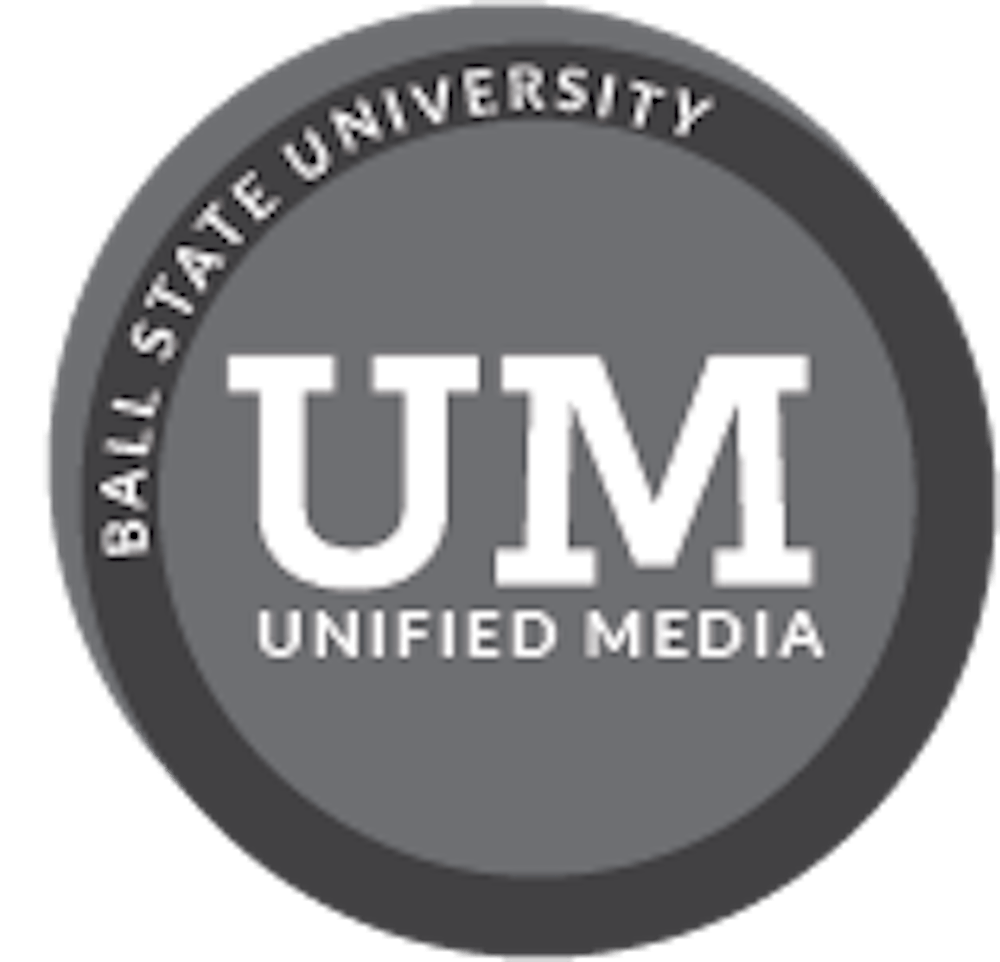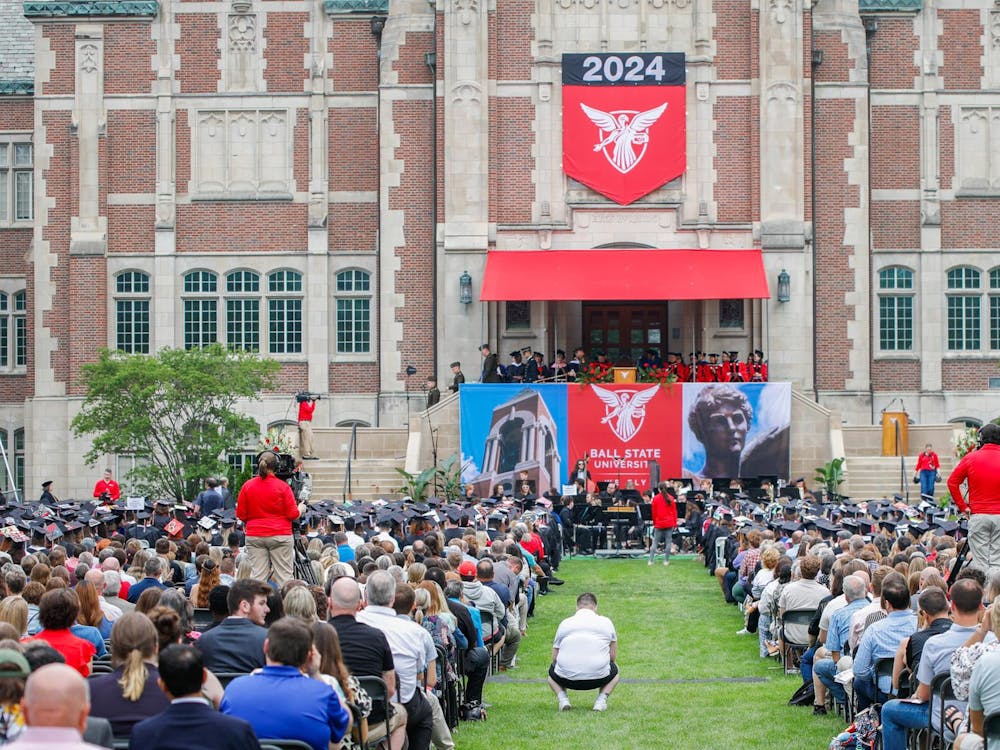For a small, devoted group of students, Summer Semester serves as a 10-week chance to complete the four-semester foreign language requirement.
“It’s actually not as bad as you think, just because it is the only class that I am taking,” Jared Knotts, a junior pre-business major, said. “I just do German all morning and study in the afternoon.”
Knotts said he had tried several other foreign language beginners’ classes during his first two years at Ball State, including German, but didn’t get anything out of them.
Taking several of the courses back to back makes it easier to remember the vocabulary and grammar, he said.
As an added bonus, “breezing” through the language requirement for his bachelor’s degree allows him to focus on other classes during the academic year.
Getting the credits out of the way as quickly as possible is the greatest appeal of the program, said Christopher Luke, chairperson of the Department of Modern Languages and Classics.
Luke said 10 to 15 students take the courses each summer, keeping alive the program that has been around longer than he has been at Ball State.
The intensive program is offered in German only, he said.
“This is not something that the department has discussed for quite a while and for now, there are no plans to expand to other languages,” Luke said.
He said students don’t miss out on any learning or activities offered to students taking German during the academic year.
“Language learning is generally a long, drawn-out process that takes months or even years,” Luke said. “With the intensive German program ... students just handle much more material each day.”
Ball State’s summer German classes aren't its only intensive language program. The university hosts the Intensive English Institute for nonnative speakers to learn English in seven weeks.
Indiana University has its Summer Language Workshop that teaches people a full year’s worth of language in eight- and nine-week summer sessions. This year, the workshop provides Arabic, Hindi-Urdu, Hungarian, Mongolian, Persian, Polish, Russian, Swahili, Tatar, Turkish and Uzbek.
This workshop, which is not limited to IU students, has classes daily with two hours of language table per week and extracurricular cultural activities.
In Wisconsin, Beloit College offers an eight-week intensive summer course that covers the first year of language learning in Arabic, Chinese, Japanese and Russian.
Along with traditional class assignments, the program includes a living-learning environment where students live and eat together, speaking in the language they study.
Living and working so closely with a language allows students to focus entirely on learning the language and enhances retention, according to the school.
Knotts said at Ball State, the courses consisted of five hours of in-class instruction each day.
Afterward, he goes to the library to complete a chapter of homework in the form of essays, 10 pages of workbook assignments and two pages of vocabulary memorization that would be due the next morning.
Nicola Schmerbeck, an assistant professor of German who has taught the accelerated format, said the coursework can be tough.
“Luckily, we have a lot smart students at Ball State who are not afraid to face a challenge like this,” she said. “Some, but not all, of our students are learning a completely new language during the summer.”
She said taking the summer program allows students to “jump-start” a German minor or major. If a student completes the program, they have just four more courses for a minor in German.
“Another advantage is that there usually is a great atmosphere in summer language classes because students spend so much time together every day and become really good friends,” she said.
Knotts said he doesn’t know if every student can have the discipline, or time, to commit to the four courses, especially if they have other summer commitments.
“This class is a full-time job for me,” he said.





